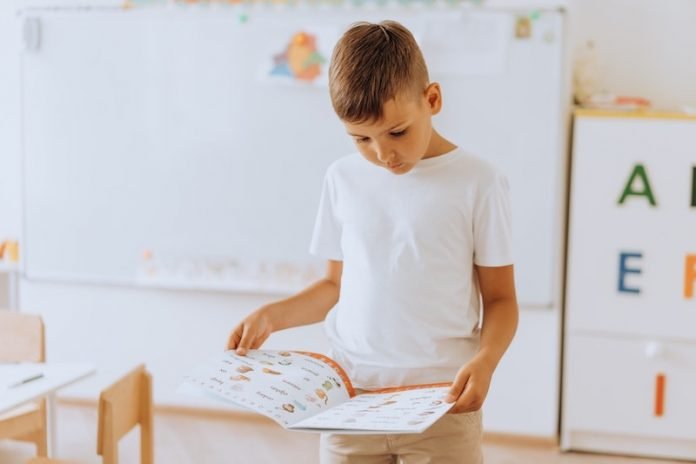
For decades, most physicians, parents, and teachers have believed that stimulant medications help children with attention deficit hyperactivity disorder (ADHD) learn.
But scientists from Florida International University found medication has no effect on how much children with ADHD learn in the classroom.
The research is published in the Journal of Consulting and Clinical Psychology and was conducted by William E. Pelham, Jr. et al.
Approximately 10% of children in the U.S. are diagnosed with ADHD and more than 90% of them are prescribed stimulant medication as the main form of treatment in school settings.
Most doctors believe that medication will result in better academic achievement.
In the study, the team examined 173 children between the ages of 7 and 12 with ADHD.
Children completed two consecutive phases of daily, 25-minute instruction in vocabulary and subject-area content in science and social studies.
Each child took a sustained-release stimulant medication during either the first or second of the instructional phases, receiving a placebo during the other.
Contrary to expectations, the researchers found that children learned the same amount of science, social studies, and vocabulary content whether they were taking the medication or the placebo.
While medication did not improve learning, the study showed that medication helped children complete more seatwork and improve their classroom behavior.
When taking medication, children completed 37% more arithmetic problems per minute and committed 53% fewer classroom rule violations per hour.
Researchers also found that medication slightly helped to improve test scores when medication is taken on the day of a test, but not enough to boost most children’s grades.
For example, medication helped children increase on average 1.7 percentage points out of 100 on science and social studies tests.
Improving academic achievement is important for children with ADHD because compared to their peers, children with ADHD exhibit more off-task classroom behavior, receive lower grades, and obtain lower scores on tests.
They also are more likely to receive special education services, be retained for a grade, and drop out before graduation.
Poor academic achievement is one of the most debilitating impairments associated with ADHD, often leading to the long-term vocational and financial difficulties that characterize ADHD in adulthood.
The team says that behavioral intervention is best for children with ADHD because they, their teachers, and their parents learn skills and strategies that will help them succeed at school, at home, and in relationships long-term.
If you care about ADHD, please read studies about 5 signs you have ADHD, not laziness, and ADHD looks different in adults. Here are 4 signs to watch for.
For more information about ADHD, please see recent studies about what causes ADHD and can it be cured, and results showing scientists find new drug to reduce daydreaming, fatigue, and brain sluggishness in ADHD.
Copyright © 2022 Knowridge Science Report. All rights reserved.



